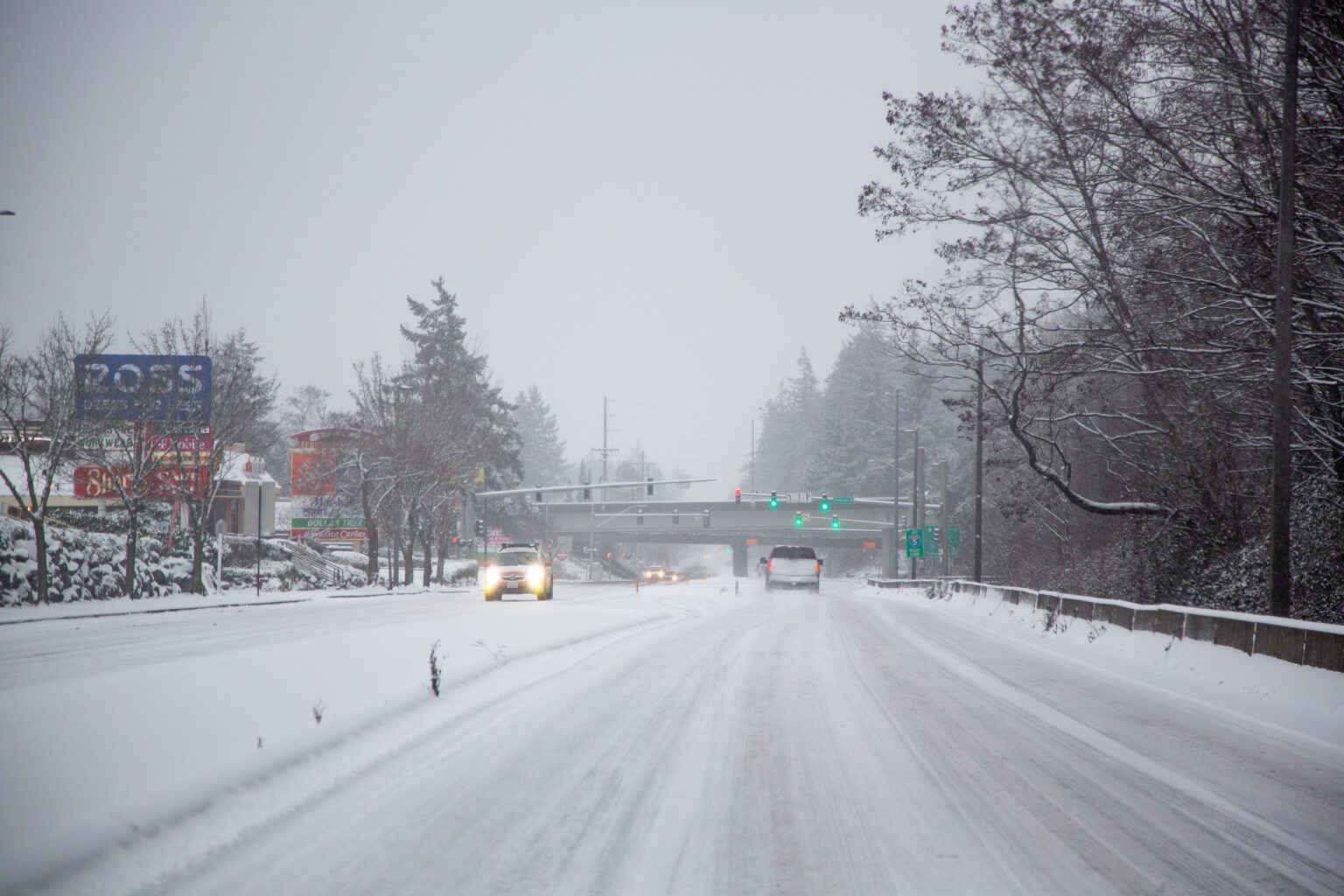Washington Frost Alert: Wenatchee and Moses Lake Face 31°F Temps Through 9 a.m. Tuesday
Cold air is expected to sweep across parts of central Washington and north-central Idaho overnight, putting sensitive plants at risk. The National Weather Service in Spokane has issued a Frost Advisory from midnight until 9 a.m. Tuesday, warning that temperatures could drop to around 31°F in several areas. The advisory includes cities such as Wenatchee, Moses Lake, Ephrata, Lewiston, and Clarkston, as well as rural zones like the Lewiston Grade, Number 1 and 2 Canyons, and the area around Pangborn Airport. These regions are known for active spring planting, making the cold snap particularly concerning for gardeners and farmers.
Cold Threatens Spring Growth and Agriculture
The sub-freezing temperatures are expected to be brief but potentially damaging. Plants in the early stages of growth or bloom, particularly fruits and vegetables, are highly vulnerable to frost. Even a few hours below freezing can result in leaf burn, wilting, or complete loss of certain crops. Chelan and Asotin counties, key agricultural areas, are within the advisory zone. Many growers in these counties have already begun planting due to recent warmer weather. The abrupt return of cold air could jeopardize early crops if proper precautions are not taken. Protective measures, such as covering plants with lightweight fabric or moving potted plants indoors, are strongly recommended.

Unseasonable Cold Follows Mild Start to April
This frost event follows a stretch of mild spring temperatures that led many residents to start gardening early. But while daytime highs have felt springlike, clear skies and calm winds overnight create ideal conditions for frost to form at ground level. Meteorologists say this could be the coldest night of the week, though it may not be the last. Additional frost advisories may be issued if cold air remains in the region over the next few days.
Residents Advised to Act Quickly
Gardeners, homeowners, and agricultural producers are encouraged to monitor temperatures closely and take steps to protect plants before nightfall. Frost can settle quickly and silently, especially in low-lying or sheltered areas, and recovery from frost damage can be slow or impossible for many plant varieties. While the current advisory is set to expire by mid-morning Tuesday, officials stress the importance of staying alert to evolving weather patterns. Rapid temperature swings in spring are not uncommon in the Pacific Northwest, and late-season frosts are always a threat to early growth.
Stay Prepared for More Cold Nights Ahead
After Tuesday morning, temperatures are expected to warm slightly during the day, reducing the immediate frost threat. However, lingering cool air could trigger more advisories midweek. The National Weather Service urges residents to check forecasts regularly and stay ready to act if more cold nights are expected.


Comments are closed, but trackbacks and pingbacks are open.